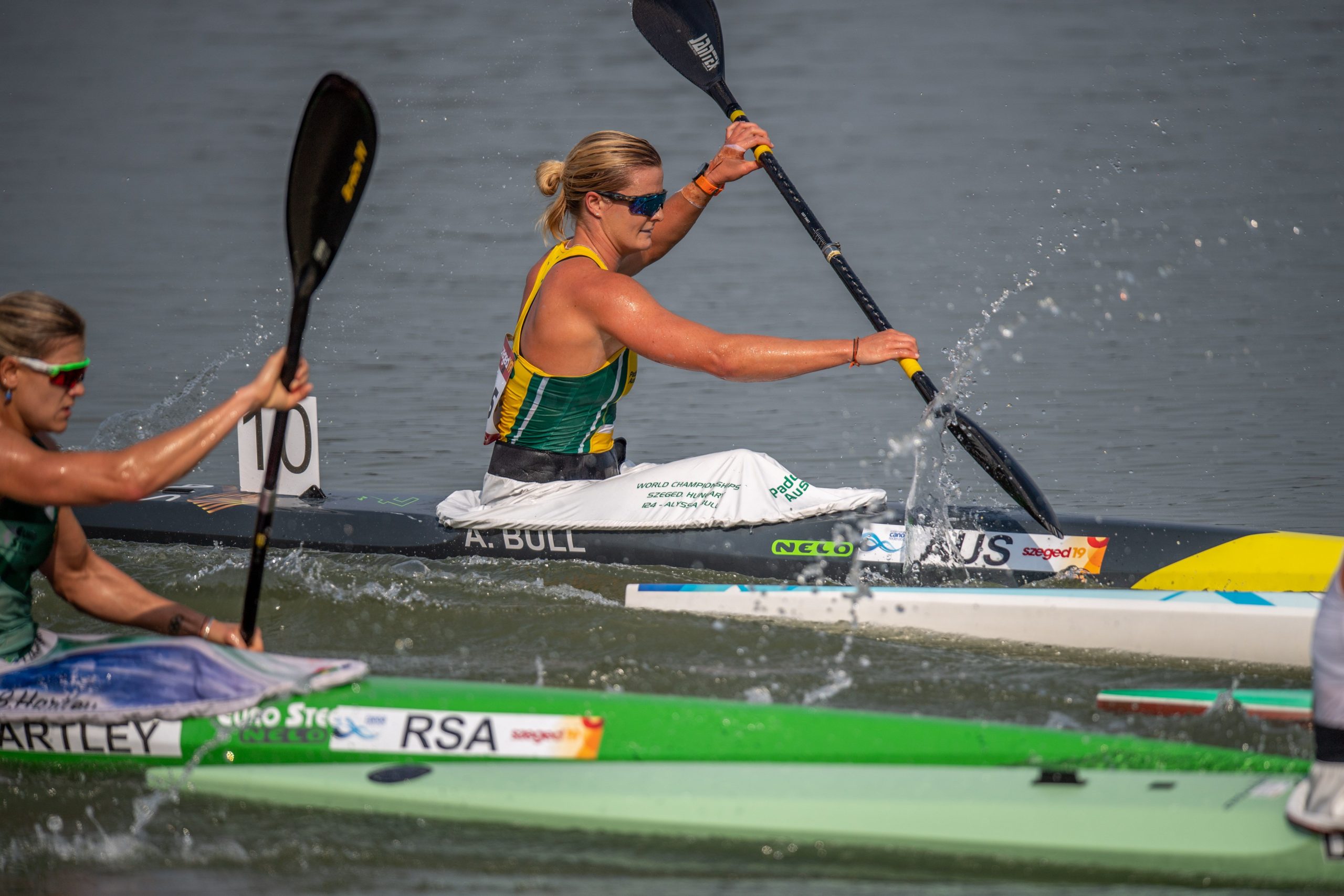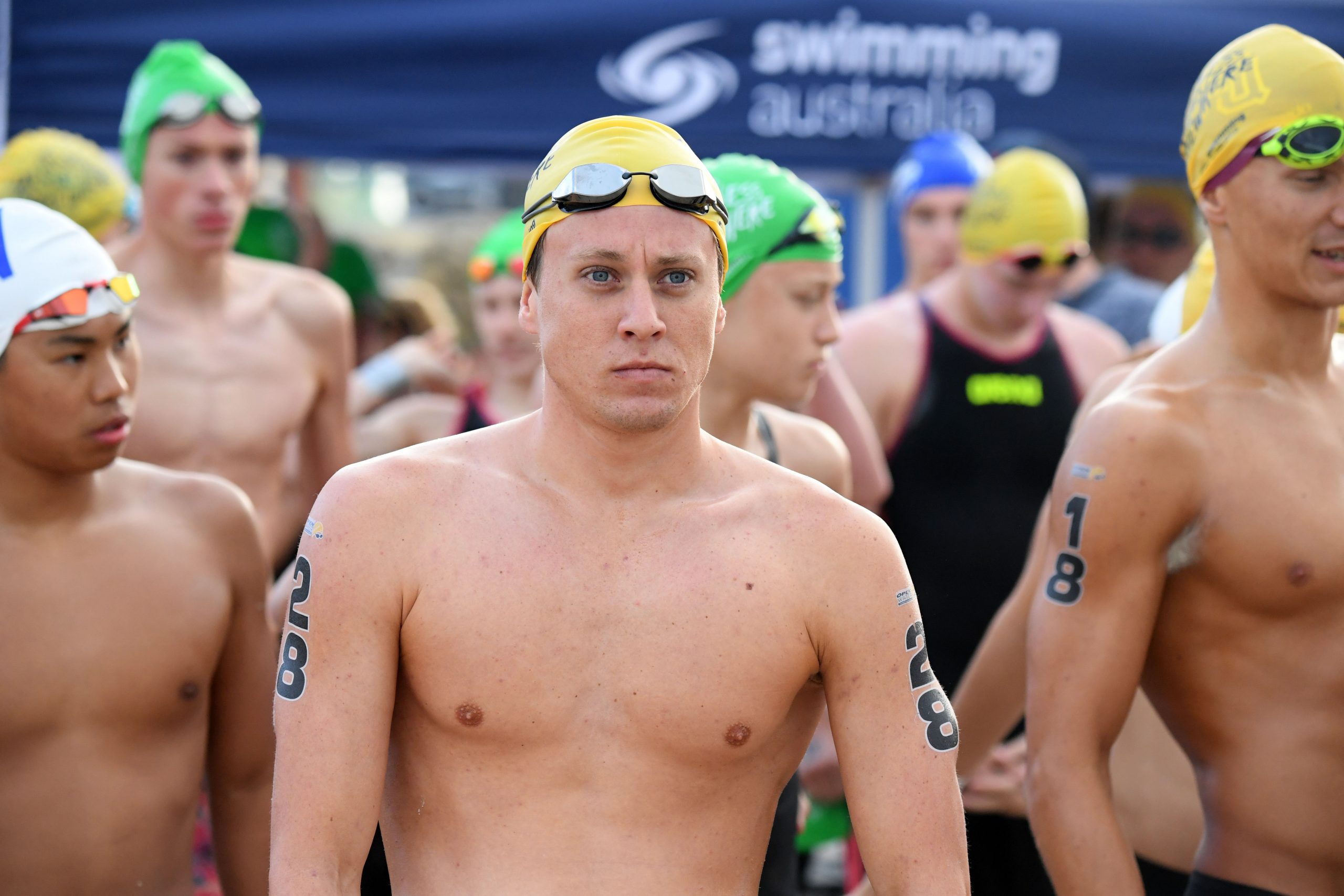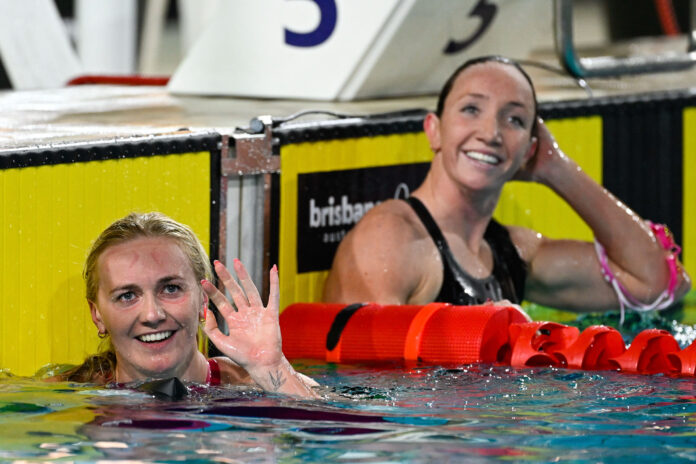Sports thrill us, inspire us and enthral us.
And the next month is a time for feasting in this sport-hungry nation.
A smorgasbord of sporting disciplines already staged their individual try-outs and picked their warriors, whetting our appetite for the Games of the 33rd Olympiad.
I can’t wait.
In Paris, there will be 329 events in 32 sports, including breakdancing and surfing.
What is not to love?

Olympic athletes are modern-day gladiators, testers of human boundaries and the best their nations could find.
They galvanise national pride and bring us to tears of pride with displays of excellence and sportsmanship.
So, why the whispers and moans around them being paid to perform?
Do you have an opinion to share? Submit a Letter to the Editor at Sunshine Coast News via news@sunshinecoastnews.com.au. You must include your name and suburb.
World Athletics (WA) and the International Boxing Association recently announced payment for their medallists.
WA will give $US50,000 to its 48 Olympic champions with a promise that second and third will also be in the money, come the Los Angeles Olympics in 2028.
The IBA is giving $US100,000 to gold medallists, $US50,000 for silver and $US25,000 for bronze this time around.
Sure, this is a departure from tradition, as governing bodies and other neutral committees behind Olympic sports have never directly paid Olympians for medal-winning performances.
But individual countries do.
Some, such as Singapore and India, shower their gold medallists in riches.

We are not so generous, but Australia’s Olympic gold medallists will get $20,000, silver medallists $15,000 and bronzies $10,000.
Now, even those who don’t end up on the podium might get extra funds.
AOC president Ian Chesterman last month unveiled the new Aspiring Australian Olympic Athlete Fund: a scheme where tax-deductible donations can be made to individual athletes.
While it will not pave all roads with gold, at least it might keep some engines running.
An Australian Sports Foundation survey a couple of years ago found more than half of the nation’s elite athletes were living below the poverty line, earning less than $23,000.
Two-in-three athletes aged 18-34 had considered quitting due to financial pressures.
It is 30 years since the requirement of amateurism was removed from the Olympic charter.
Times change.
We must move with them, for the love of sport
Dr Jane Stephens is a UniSC journalism lecturer, media commentator and writer.





